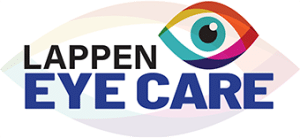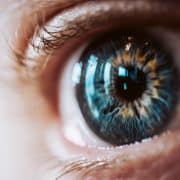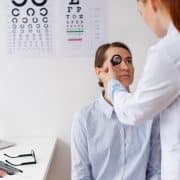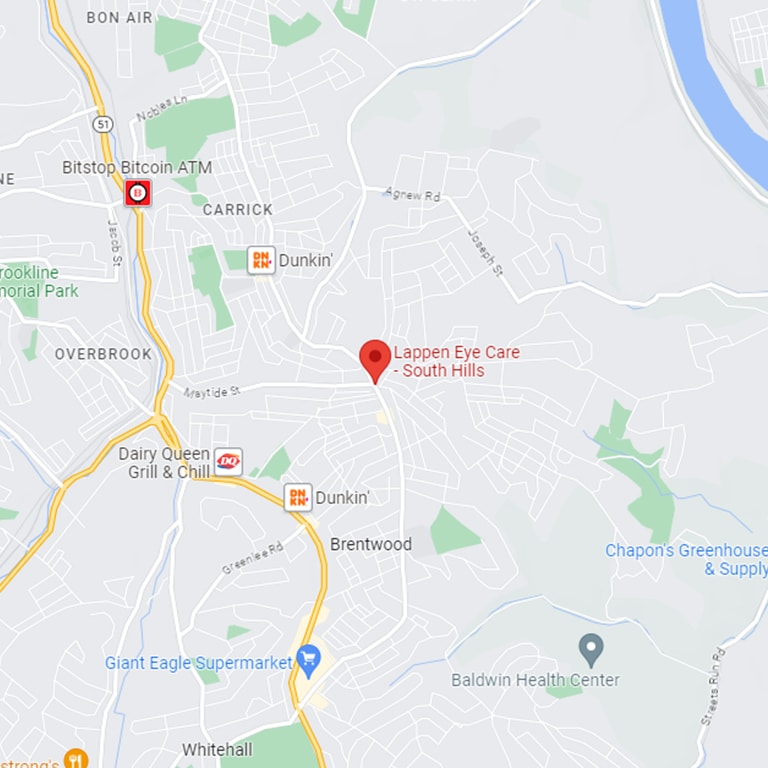Why Your Eye Doctor Tests For Glaucoma Every Time You Visit
Glaucoma damages the optic nerve and left untreated—starting with not being diagnosed—it can lead to vision loss and even blindness. One of the most concerning aspects of glaucoma is that it typically shows no symptoms in its early stages. While you may have thought your optometrist just wants to torture you when testing for glaucoma in Pittsburgh, PA, that things is that regular testing is essential to detect and manage the disease before it causes irreversible damage. This is why your eye doctor tests for glaucoma every time you visit. It’s a good idea that can help keep you from losing your eyesight!
The Importance of Regular Testing
Glaucoma is known as the “silent thief of sight” because it can progress without noticeable symptoms. You may not have any sign at all that something’s amiss. By the time you experience vision changes, the damage may already be severe. Regular glaucoma tests allow your eye doctor to catch the condition in its early stages when treatments are most effective.
Types of Glaucoma Tests
During your eye exam, your doctor may use several tests to check for glaucoma. The most common is tonometry, which measures the pressure inside your eye. This is the one that people hate most; the surprise blast of air directed at the eye. Another test, called ophthalmoscopy, allows the doctor to examine your optic nerve for signs of damage. Visual field testing measures peripheral vision, which is often affected first in glaucoma. Gonioscopy helps assess the angle where the iris meets the cornea to determine the type of glaucoma.
Since glaucoma can’t be cured, early detection is vital to preserving your vision. By testing for glaucoma at every visit, your eye doctor in Pittsburgh, PA ensures that any changes are caught promptly, allowing for early treatment and a better chance of protecting your sight.













